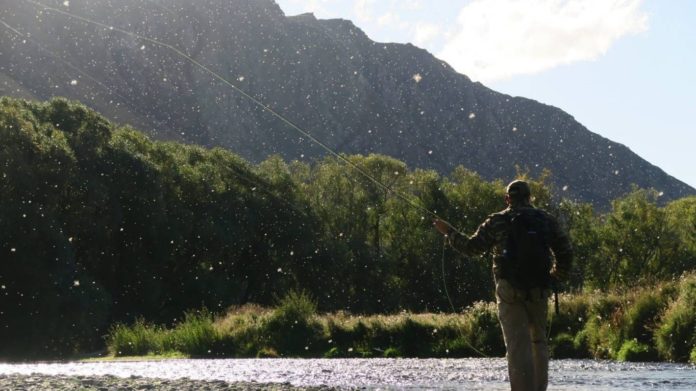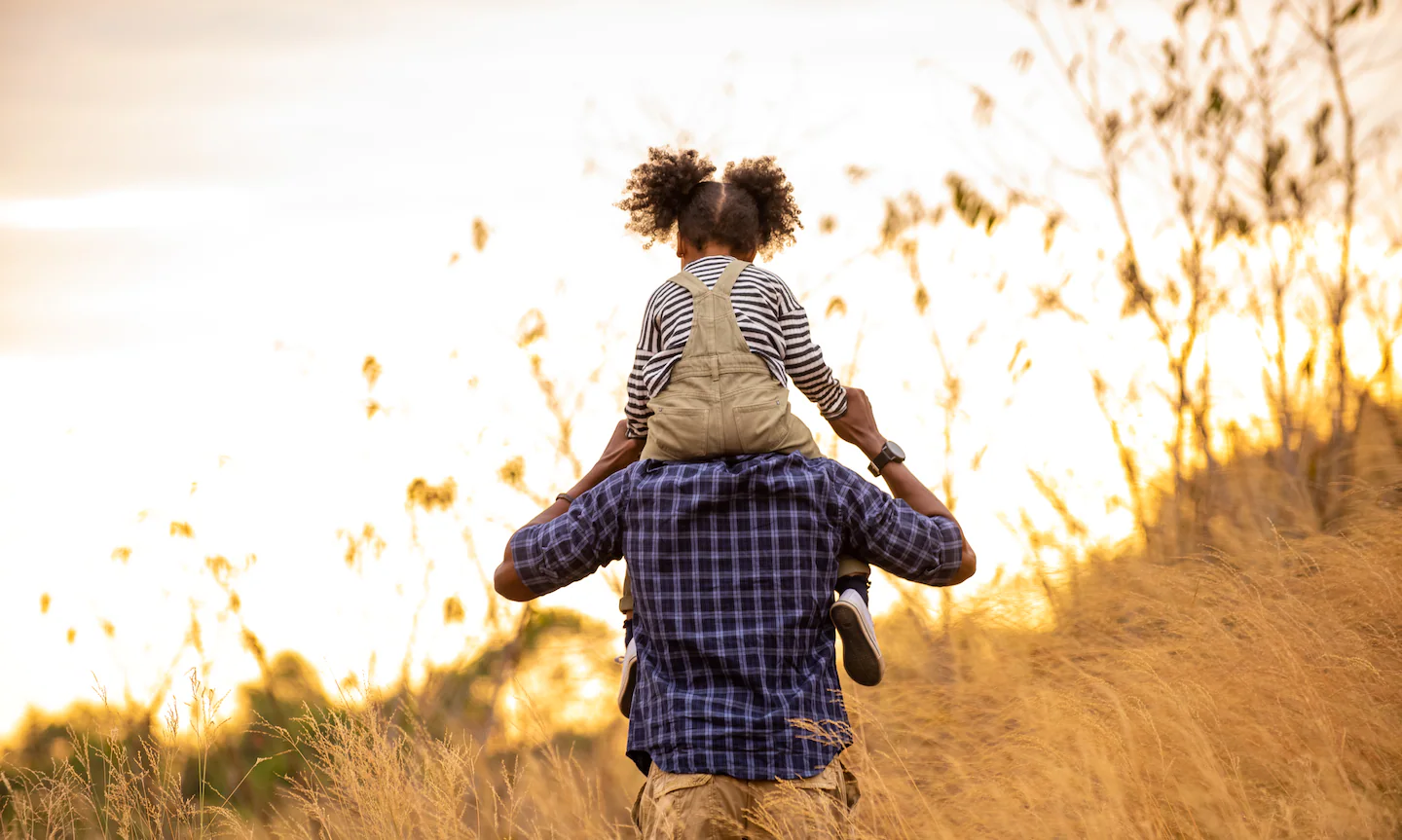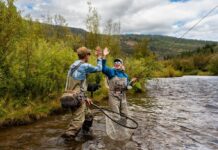Andrew Harding/Supplied
The mayfly hatch on the Mataura River contributes to the south’s internationally celebrated fishing status. Locally, though, how appreciated is it?
EDITORIAL: Southland is home to world class fishing. Utterly world class. Ours is a place of pilgrimage for anglers who, given half a chance, cross oceans to add even a little time in this environment to their life experiences.
Right now that half a chance is being denied the great majority of them, as Covid border restrictions bang shut the windows of opportunity.
And their absence has revealed an absence of a different sort.
Our own.
READ MORE:
* There’s plenty of room on New Zealand rivers this fishing season
* A river runs through him
* Bring It Home: Dougal Rillstone takes us for a walk along his beloved river
Few would dispute Southland Fish & Game manager Zane Moss’s assessment that there has never been a better season to discover, or rediscover, the exultant rewards, character building challenges and soulful satisfactions of a pursuit beloved by generations.
And yet, reports from the almost sanctified stretches of rivers like the internationally acclaimed Mataura are that scarcely any fishers are to be seen, especially mid-week. For the first time in who knows how long we have the riverside all to ourselves yet for the most part we’re nowhere to be found.
This isn’t something that we can blame on Covid’s impact on our own communities. The decline in the number of young anglers would appear have been no recent thing.
This year ace fly fisherman Dougal Rillstone released a book, Upstream on the Mataura, that examines on an emphatically human level the experience of spending time, in his case spanning decades, on that one river.
In the midst of which, he acknowledged that nowadays he will generally find himself meeting retired white men, most of whom got into fishing when the world was different for young people.
Now if that’s a case of people simply having better things to do, then okay.
Unlikely. More plausible is that not enough of us have tried it. Perhaps not even at the unsophisticated but memorable levels of the simplest forms of novice fishing.
Much is made of the artistry of fly fishing. Perhaps too much. Sufficient to be daunting for the semi-interested. One answer, of course, is to turn to experts; not only the professional guides to whom the south is home, but also to experienced anglers who – perhaps not always but certainly oftentimes – are companionable types.
Coastal rock fishing certainly has its devotees nowadays, though the hazards for those who aren’t sufficiently alert to the need for carefulness and the sort of respect required for any interaction with water, especially when it’s in motion, are too often reflected in our drowning statistics.
Are fewer children being raised to the pleasures of the most elemental fishing? Are too few adults willing to put in the time to accompany them, or help move them up the skill sets?
It seems likely that not only have other pastimes tempted us away from the rivers, but to some extent we are unnecessarily repelling ourselves. There’s been a very necessary focus on looking squarely at the state of our rivers and acknowledging the problems that intensified land use has created.
Might it be that this has created the impression that they are now just channels of ill-health?
There’s still much to be done and many causes for concern. But a river is a complex thing. Rillstone, with his seasoned perspective, draws encouragement from indications of significant improvement, detecting high quality when it’s there to be appreciated, and draws encouragement in the self-healing power of rivers when we permit it to happen.
To that end, in case it doesn’t go without saying, let’s remember anglers develop intense appreciation for their rivers, and are all the more protective of them. The more motivated guardians we can develop among ourselves, the better.
Credit: Source link































